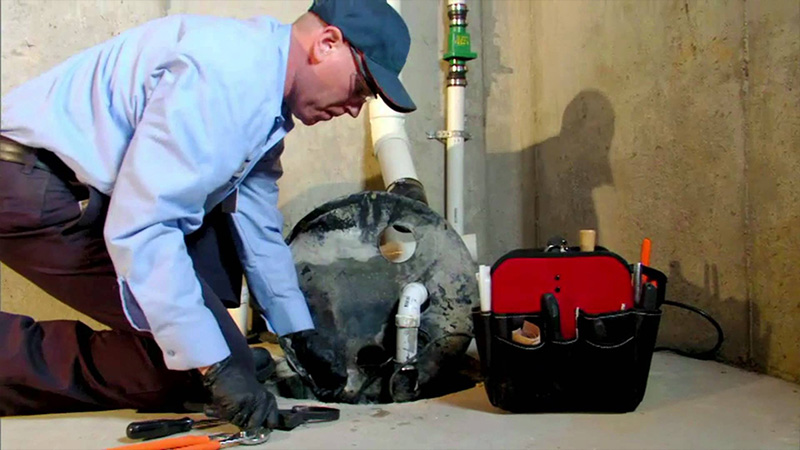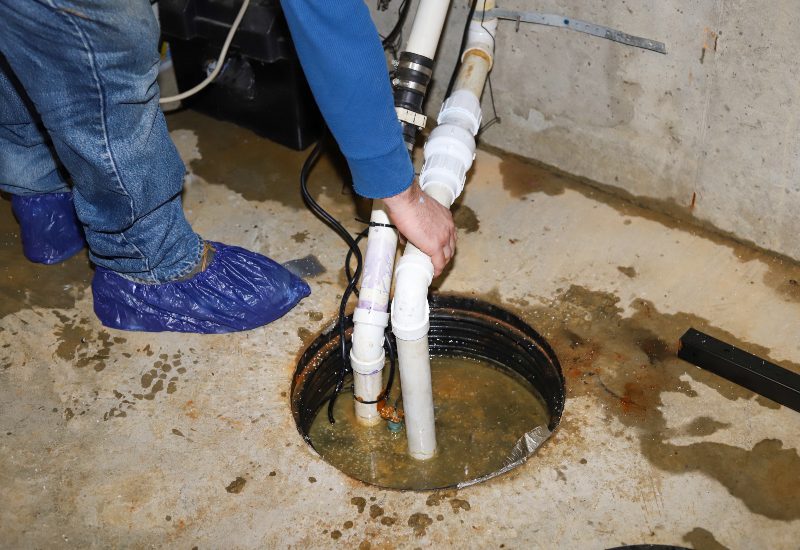Costs Water Softeners: Changing Hard Water right into Soft, Elegant Convenience
Costs Water Softeners: Changing Hard Water right into Soft, Elegant Convenience
Blog Article
Comprehending the Trick Parts of Effective Water Filtering Equipments

Significance of Water Filtration Equipment
Water purification systems play an essential duty in guaranteeing access to tidy and risk-free drinking water by successfully getting rid of impurities and contaminations. These systems are necessary in resolving the expanding concerns over water top quality and the possible health and wellness threats connected with taking in polluted water. By utilizing different purification mechanisms such as reverse osmosis, turned on carbon, and UV sterilization, water filtering systems can effectively get rid of damaging materials like microorganisms, viruses, hefty metals, and chemicals from the water supply.
In addition, water filtering systems help to boost the preference and odor of water by removing chlorine, sediments, and various other toxins that can affect its quality. Water Softeners. This improvement in water top quality not just makes it extra palatable but likewise encourages individuals to drink a sufficient amount of water daily, promoting much better hydration and general wellness
Sorts Of Purification Elements

Physical filters are designed to literally strain out contaminations from the water. These filters can be made from materials like ceramic, carbon, or also sand, and they function by trapping bits larger than the filter's pores as water travels through.
Chemical filters use different chemical processes to remove contaminants from the water. Instances consist of triggered carbon filters, which adsorb pollutants, and turn around osmosis membranes, which utilize pressure to different contaminants from the water.
Organic filters utilize living organisms like germs or algae to damage down raw material and pollutants in the water. These filters are typically made use of in wastewater treatment plants or all-natural water filtration systems.
Comprehending the various kinds of purification components is important for picking the most ideal water purification system for specific purification demands.
Function of Sediment Filters
Sediment filters play an essential duty in water filtering systems by effectively recording strong particles suspended in the water. These filters are typically the very first line of protection in a filtration system, getting rid of bigger fragments such as sand, silt, dust, and corrosion prior to the water relocates via finer filtration stages. By trapping these debris, the filters stop them from getting to downstream elements, thus prolonging the life-span and efficiency of the entire system.
The feature of debris filters is important in maintaining water top quality and protecting delicate devices click to read from damage created by particles. Furthermore, by getting rid of noticeable particles, debris filters enhance the clearness and preference of the water. Routinely cleansing or replacing sediment filters is vital to make certain optimum performance. Neglecting this upkeep can bring about blocking, lowered water flow, and jeopardized filtration performance. On the whole, debris filters are vital parts that add substantially to the effectiveness of water purification systems.
Role of Triggered Carbon Filters
Playing a vital role in water purification systems, turned on carbon filters are critical in getting rid of contaminations and impurities from the water. These filters are developed to adsorb and catch a large variety of contaminants, consisting of chlorine, unpredictable natural substances (VOCs), chemicals, and herbicides. The triggered carbon product has a big surface area, enabling the reliable trapping of pollutants with a procedure called adsorption. As water travels through the filter, the activated carbon draws in and holds onto the impurities, ensuring that the water that comes out beyond is cleaner and more secure for usage.
Triggered carbon filters are extremely effective at improving the taste and smell of water by minimizing chemicals that can impact its quality. They are likewise capable of eliminating particular hefty metals like lead and mercury. In addition, these filters can help prevent the buildup of germs and algae in water, additional boosting its total quality. As a result of their flexibility and reliability, activated carbon filters are an essential component in making sure that water about his is purified to the highest possible criteria before getting to consumers.
Understanding Reverse Osmosis Solutions
Reverse osmosis systems are advanced water filtration systems that utilize a sophisticated process to get rid of impurities and contaminations from alcohol consumption water. These systems work by using stress to the water, forcing it via a semi-permeable membrane. This membrane layer serves as an obstacle, permitting only pure water particles to go through, while blocking larger particles such as minerals, chemicals, and various other contaminations. Consequently, the water that comes out beyond is considerably cleaner and safer for intake.
One key advantage of reverse osmosis systems is their ability to remove a vast range of pollutants, including heavy metals, liquified microorganisms, solids, and infections. This makes them extremely effective in enhancing the overall quality and safety of drinking water. Furthermore, reverse osmosis systems are relatively low-maintenance and can be mounted under the sink or in a main filtering system, supplying hassle-free access to clean water throughout the family. On the whole, understanding exactly how reverse osmosis systems function can aid people make educated choices about their water filtering demands.
Final Thought
In conclusion, efficient water filtration systems are essential for guaranteeing risk-free and clean alcohol consumption water. By recognizing the function and role of each component, individuals can make enlightened choices when picking a water filtration system.
Water filtration systems play a crucial role in guaranteeing accessibility to secure and tidy alcohol consumption water by efficiently getting rid of impurities and impurities. By utilizing various filtration devices such as reverse osmosis, turned on carbon, and UV sterilization, water filtration systems can successfully remove unsafe compounds like bacteria, viruses, hefty metals, and chemicals from the water supply.
Sediment filters play an important function in water purification systems by efficiently catching strong bits suspended in the water (Pump repairs & installation).Playing an essential duty in water filtration systems, turned on carbon filters are critical in getting rid of impurities and check out here pollutants from the water supply.Reverse osmosis systems are advanced water purification systems that use a sophisticated process to remove contaminants and pollutants from drinking water
Report this page